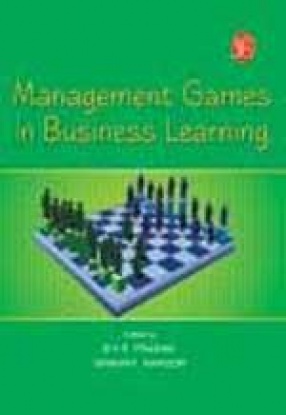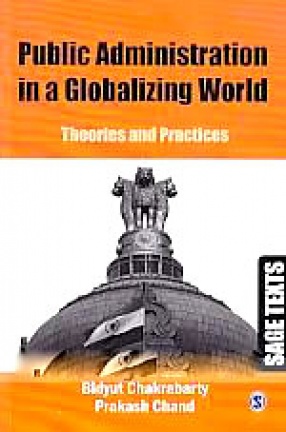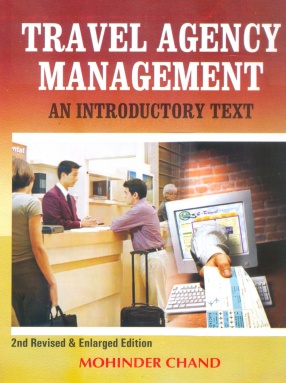Management Games in Business Learning
Synopsis
"You can discover more about a person in an hour of play than in a year of conversation" -Plato, The Reader "I hear and I forget, I see and I remember, I do and I understand" -Confucius, Chinese philosopher (551BC-479 BC) Games are dynamic, intrinsically motivating and encourages high levels of involvement. They provide immediate feedback to participants, and mistakes do not result in actually losing assets (Hood, 1997). Game is one of the most highly utilized forms of simulation in education, business, and training for a variety of reasons. Games teach competition strategies, cooperation and teamwork and conflict resolution. Games constitute a wonderful tool for engaging learners and to reinforce learning. It makes learning fun; for most people, this increases the capacity to learn. The effectiveness of games relies on the degree to which they simulate real-life, and there are benefits and drawbacks. However, they may make participants overlook the lesson being taught if they become too involved in them and overlook their errors. Also, players may limit themselves to a singular winning strategy in order to win the game (Hinrichs, 1976). The book seeks to offer a unique perspective as it aligns learning and training concepts with practical games. The book provides an insight into the concept of management games. Game theory and its application, importance, uses, advantages and disadvantages are discussed. The book presents management games like the Beer Game, Centipede Game, Stag Hunt, Prisoner s Dilemma, Hawk-Dove, Dollar Auction and Monty Hall Paradox. The book focuses on creative thinking, ice breakers, warm up for any gathering, group decision-making, team building and business strategy games.
Read more
40.50
36.45
$
45.00 $
Free delivery Wolrdwidе in 10-18 days
Ships in 2-4 days from New Delhi
Membership for 1 Year $35.00
Get it now and save 10%
Get it now and save 10%
BECOME A MEMBER











Bibliographic information
Srikant Kapoor